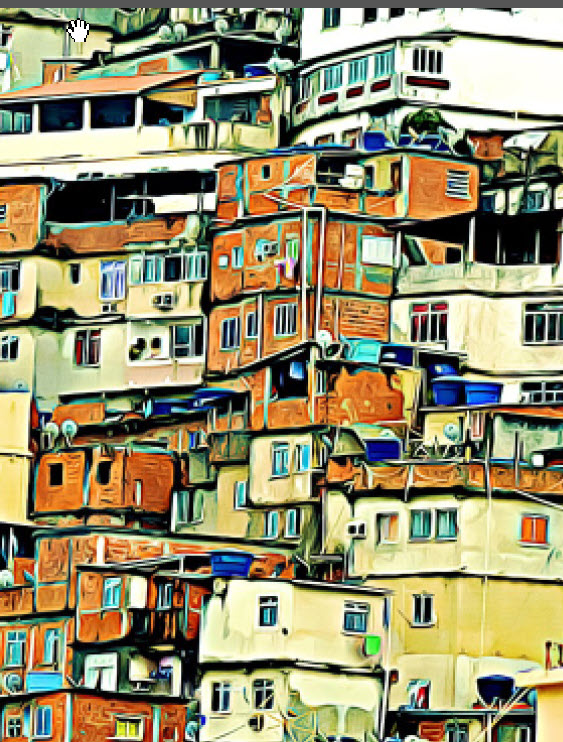Death and Democracy in a Divided City: Structural Racism and Police ‘Pacification’ in 21st Century Rio de Janeiro
Abstract
Beginning in 2008, the government of Rio de Janeiro introduced Pacifying Police Units (Uni-dades de Policia Pacifi cadora, or ‘UPPs’) in dozens of the city’s favelas, the disproportionately non-white slums that house Rio’s most impoverished residents. This policy of state intervention was meant to bring lasting peace, social development, and rule of law to communities long plagued by state neglect, social exclusion, and high rates of drug-related violence and police brutality. This paper evaluates Rio’s pacifi cation program from a post-colonial perspective, concluding that UPPs not only failed to meet their progressive objectives but upheld entrenched dynamics of structural violence inherited from Brazil’s early foundations as a slave colony. By tracing Brazil-ian authorities’ long history of repressing the ‘insurgent’ racial ‘other’ under the guise of ‘pacifi -cation,’ this paper argues that UPPs represent the recovery of an internal colonization model used to consolidate state control over territories and populations for purposes of capital growth. This analysis has signifi cant implications for our understanding of racism and inequality in Brazil: the structural and normative legacies of Portuguese settler-colonialism remain embedded in Brazil’s supposedly race-neutral democracy, where security forces still criminalize the Afro-Brazilian and Indigenous lower-class in order to promote a neoliberal capitalist agenda.
Downloads

Downloads
Published
Versions
- 2023-01-24 (3)
- 2023-01-23 (2)
- 2023-01-20 (1)
Issue
Section
License
Copyright (c) 2023 Smutny Caroline

This work is licensed under a Creative Commons Attribution-NonCommercial-NoDerivatives 4.0 International License.

